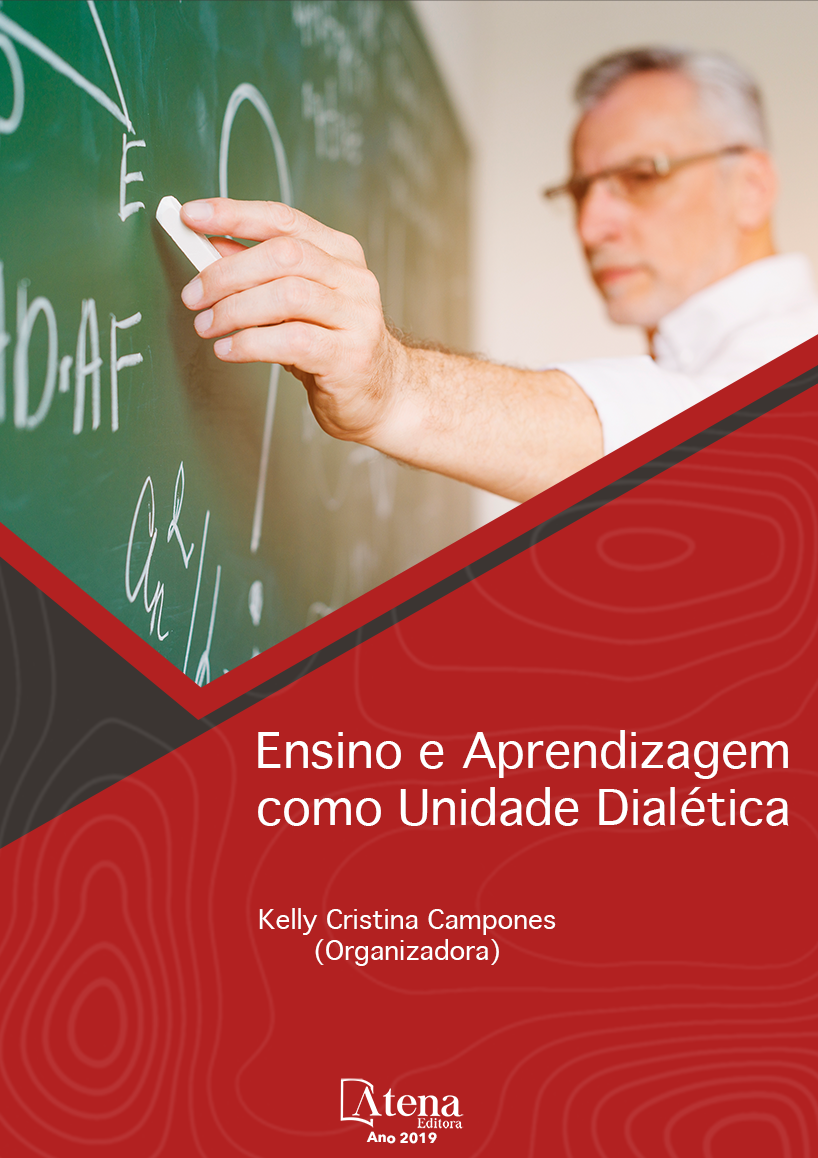
FORMAÇÃO E DOCENCIA À LUZ DA TEORIA DAS REPRESENTAÇÕES SOCIAIS
A formação docente na contemporaneidade
está arraigada a uma estrutura políticoformativa
que orienta a organização do fazer
pedagógico, marcada, historicamente, por
rupturas e mudanças que afetam a formação
inicial e continuada de professores, refletindo
na Educação como um todo. O objetivo desse
artigo é discutir essa formação desde o estágio
supervisionado até as políticas públicas de
formação como PNAIC e PIBID, a partir da
Teoria das Representações Sociais (TRS).
Essas pesquisas são resultados de estudos
realizados na linha de pesquisa: Educação,
Representações e Formação Docente do
Programa de Pós-Graduação em Educação
da UFRN. Utilizamos procedimentos teóricometodológicos
de caráter qualitativo e
quantitativo, dentre os quais estão, revisão
bibliográfica e documental, Técnica de
Associação Livre de Palavra e entrevista. A
partir desses instrumentos analisamos os dados
sob duas bases conceituais complementares: a
Teoria das Representaçõe Sociais e a Teoria
do Núcleo Central - TNC (ABRIC, 1998). Além
da Análise de Conteúdo de Bardin (2011), que
nos auxiliou na apreensão das dimensões
semânticas que dão sentidos a formação
docente. Como resultados, constatamos que a
docência se revela no ser o no fazer docente
numa conjuntura legal e curricular que, de forma
plural e reflexiva, permite a construção de uma
representação social sobre a profissionalização.
Nesse contexto, a reflexão sobre a formação e
prática docente permite a quebra de dicotomias
sobre o saber e fazer, sobre a teoria e a prática
em uma visão dialética sobre ser e fazer.
FORMAÇÃO E DOCENCIA À LUZ DA TEORIA DAS REPRESENTAÇÕES SOCIAIS
-
DOI: 10.22533/at.ed.81819150721
-
Palavras-chave: Formação docente. PIBID. PNAIC. Representações Sociais.
-
Keywords: Teacher training. PIBID. PNAIC. Social Representations
-
Abstract:
Teacher training in the contemporary world
is rooted in a political-formative structure that
guides the organization of pedagogical practice,
marked, historically, by ruptures and changes
that affect the initial and continued formation of
teachers, reflected in Education as a whole. The
objective of this article is to discuss this training
from supervised to public training policies such
as PNAIC and PIBID, based on the Theory
of Social Representations (TRS). These
researches are results of studies carried out in
the line of research: Education, Representations
and Teacher Training of the Graduate Program in
Ensino e Aprendizagem como Unidade Dialética Capítulo 21 216
Education of UFRN. We use theoretical and methodological procedures of a qualitative
and quantitative nature, including bibliographical and documentary revision, Free Word
Association and interview. From these instruments we analyze the data under two
complementary conceptual bases: Social Representation Theory and Central Core
Theory - TNC (ABRIC, 1998). In addition to the Content Analysis of Bardin (2011),
which assisted us in apprehending the semantic dimensions that give meaning to
teacher training. As a result, we find that teaching is revealed in the fact of not being
a teacher in a legal and curricular context that, in a plural and reflexive way, allows
the construction of a social representation about professionalization. In this context,
reflection on teacher training and practice allows the breaking of dichotomies about
knowledge and doing, about theory and practice in a dialectical vision about being and
doing.
-
Número de páginas: 15
- ELDA SILVA DO NASCIMENTO MELO
- Antonia Maira Emelly Cabral da Silva Vieira
- Camila Rodrigues dos Santos
- Erivania Melo de Morais


